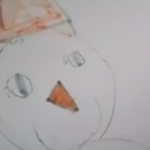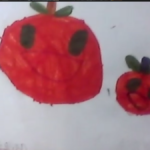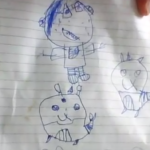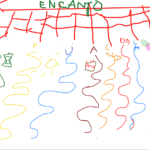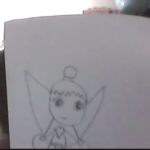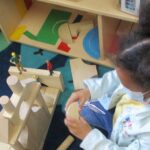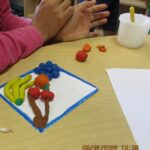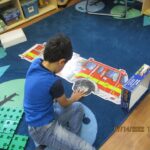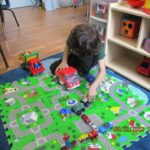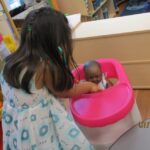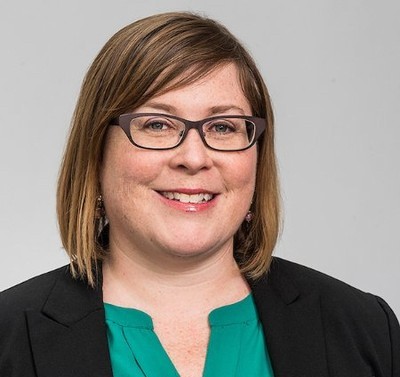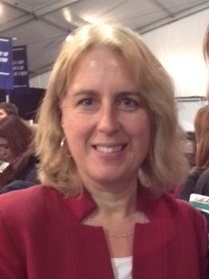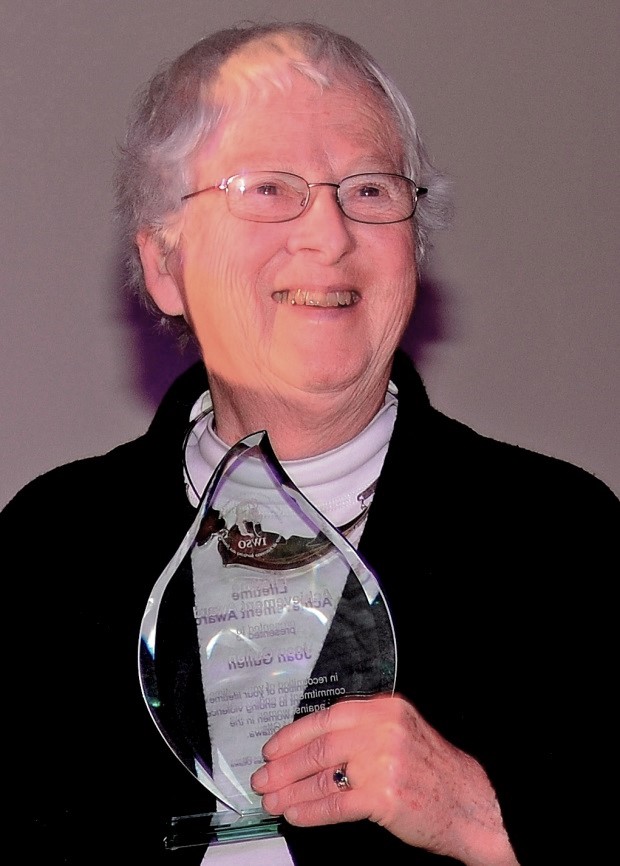In case of emergency call 911
TEACH ME TO THUNDER
What is it?
Teach Me to Thunder is a practical, hands-on training manual for anti-racism trainers, written by anti-racism trainers in Ottawa. It contains descriptions of 30 modules, each outlining detailed ‘lesson plans’ including objectives and ideas about how to introduce activities and address issues that may come up during a session. The topics range from cultural stereotyping to organizational and systemic racism and the need for change. The manual uses experiential training principles, rather than a lecture-based approach, to actively engage participants in their learning. Each activity was implemented and refined many times over a timeframe of over five years with diverse participants (clerical, front-line workers, managers and policy makers), in a range of in-person training settings (schools, community centres, workplaces) and across sectors (social services, public health, education and government).
Is it still relevant?
Teach Me To Thunder was published in 1997 and contains outdated statistics and some gaps. But even after 20 years, we are still getting requests for it – unfortunately, systemic racism, discrimination and cultural stereotyping are still part of everyday life for many of us in Canada. We all lose by failing to fully engage all of us – our full skills, talents, and life experiences – in our society. The stakes are much higher, and the loss deeper, for the many who directly suffer from racism and discrimination. We don’t have the time or resources to update this manual, but since there is still a demand, we are making it accessible to anyone who may find it useful. We encourage you to select whatever you find helpful, and adapt it to your setting, your interests, and today’s issues; and to forgive the inevitable errors, gaps, and lapses there are in a 20-year-old work.
What would we like to receive in return?
Teach Me To Thunder used to be sold at cost (for $50). We are making it available to you as a pdf free of charge. If you can, we would appreciate it if you could donate whatever amount you can afford to the non-profit community organization Immigrant Women Services of Ottawa https://www.immigrantwomenservices.com/donate/.
We would also appreciate hearing back from you about your experiences using the training manual.
Alma, Mechthild, and Gordon
To get your PDF copy of this valuable Anti-Racism Trainers manual, make a one time $50 donation to IWSO.
Please type the following in the message box:
Teach Me To Thunder
We will send you a link to download your copy once the donation is received.
For any inquiries, please use our contact us page .
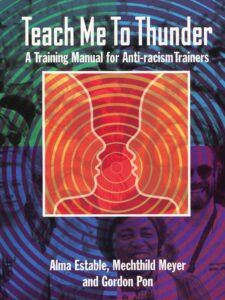
Unsafe at Home
IWSO and its Language Services department are proud to announce our new partnership with Unsafe at Home Ottawa. Thanks to our language interpretation services, UAHO can now offer support in up to 70
languages! Anyone feeling #UnsafeAtHome in Ottawa or in Lanark County can now connect and receive support in the language of their choice.
Unsafe at Home Ottawa is a secure text and online chat service for women and members of LGBTQ2S+ communities in Ottawa and Lanark County who may be living through increased violence and abuse at home during the COVID-19 pandemic. Our personnel provides emotional support, practical advice and referrals using encrypted technology so conversations are confidential and secure.
We can help you:
- Talk about how you’re feeling
- Create a safety plan to reduce your risk of harm
- Get you the services you need for support
- Cope with your situation during this period of physical distancing
CNC Zoom Art Activities
The lack of childcare is a significant barrier to accessing services for newcomer parents. IWSO’s Care for Newcomer Children Program (CNC program) allows women to access IWSO services such as computer training, english conversation classes and support services such as interpretation and translation thereby speeding up the integration process. CNC breaks down barriers because the program enables newcomer parents to drop off their children at the CNC while they access settlement services provided within the building. For those who visit our CNC program, it’s often their first experience of childcare in Canada. Special efforts are made to support children who are new to the country and experiencing separation from their parent(s) for the first time.
Due to Covid 19 the art program is still online. “Children are still able to create and express themselves through art. Having an outlet for children to express themselves is so important,” says Luz Clemencia García from the CNC Playroom at Immigrant Women Services Ottawa. “When they have an outlet for their creative energy, it eases their stress and that of their parents. All parents want their children to be happy and healthy. The smiles on the faces of parents, when they see their children creating paintings and drawings, in a safe and happy environment, are huge.”
Gender socialization
Why do we still need to talk about this?
There is extensive research done on this topic. We all know that the way we bring up our girls and boys in our families and as a society will influence their gender identities. It also will determine how they form relationships with each other in their social and work life. Most of us would insist that we made sure that our children were not brought up in a way that confirmed the old stereotypical gender roles that we most likely were fed in our upbringing. So, were we able to make a real difference yet?
Gender roles are embedded in our culture. Changing a culture is probably the most difficult challenge, because even if our beliefs and expectations have shifted to promoting equal roles for girls and boys, we may still act in a way that contradicts this. It may seem trivial, but ask yourself, do you ever tell a boy that he is pretty; a girl that she is strong? Do we allow boys a certain amount of aggressive behaviour which we would criticize in our girls? Who is allowed to become bossy, dirty, weepy, loud, sentimental, dreamy, creative – the list goes on…
True equality only will be achieved through a culture shift. And what IS culture anyways? In my mother tongue, the word ‘culture’ is what in the English language is defined as the ‘arts’. It includes any artistic expression such as music, theatre, dance, literature etc. I stumbled over this when people here in Canada were talking about needing skills in cross cultural understanding. It had little to do with learning about each other’s vast body of art. Rather, if I were to explain and back translate what the term means in the English language, ‘culture’ consists of all the habits, unspoken rules how to behave and what to do in certain situations that we have picked up, often subconsciously. Our gender roles are part of this tacitly acquired package. Let’s open this package carefully and unpack each layer one by one, examining and deciding how we each can contribute to a society that supports both girls and boys to become equals.
CNC Program-Care for Newcomer Children
Care for Newcomer Children (CNC) is a support program under Settlement and Integration services with IWSO. Clients may access this service when they have an appointment in the building. This allows the parent to attend their appointment knowing their children are in a safe and nurturing environment.
Please note, this is NOT a daycare and we only take care of the children for the time parents are in the building in CCI-Word skills and IWSO programming.
Funding for this service is provided by IRCC. Each child receiving CNC care has a parent who is eligible for IRCC-funding and receiving services at the same site.
The CNC program is available Monday to Friday from 9:00-12:00 and 1:00-5:00
External Links
- Assaulted Women’s Helpline 1-866-863-0511
- Distress Centre Ottawa 613-238-3311
- Kids Help Phone 1-800-668-6868
- Mental Health Helpline 613-722-6914
- Sexual Assault and Partner Abuse Program – Ottawa Hospital 613-798-5555 x 13770
- CALACS francophone of d`Ottawa 613-789-8096
- Ottawa Rape Crisis Centre 613-562-2333
- Sexual Assault Support Centre 613-725-2160
- The Children’s Aid Society of Ottawa 613-747-7800
- Sexual Assault and Child Abuse – Ottawa Police Service 613-236-1222 x 5944
Women’s Shelters
- Carling Family Shelter office: 613-820-9909
- Chrysalis House 613-591-5991 ext 221 Crisis line: 1-613-591-5901
- Cornerstone/Le Pilier (accepts women without children) 613-254-6584
- Evelyn Horne Emergency (Young Women’s Shelter ages 12-21) Office: 613-789-8220, crisis line: 613-761-2771
- Forward Family Shelter. Office: 613-722-9495
- Harmony House 613-233-3386
- Interval House 613-234-8511 crisis line: 613-234-5181
- Lanark County Interval House (Carleton Place) Crisis line: 613-257-5960 or 1-800-267-7946
- La Presence (convent) crisis line: 613-241-8297
- Maison d’Amitie Office: 613-747-9136 Crisis line: 613-747-0020
- Nelson House office: 613-225-0533 Crisis line: 613-225-3129
- Minwaashin Lodge/Oshki Kizis Lodge. Office: 613- 741-5590 Crisis: 613-789-1141
Community Health & Resource Centres
- Coalition of Community Health & Resource Centers of Ottawa
- Carlington Community and Health Services 613-722-4000
- Centretown Community Health Centre 613-233-4443
- Eastern Ottawa Community Resource Centre 613-741-6025
- Pinecrest-Queensway Health and Community Services 613-820-4922
- Sandy Hill Community Health Centre 613-789-8458
- Somerset West Community Health Centre 613-238-8210
- South-East Ottawa Community Services 613-737-5115
- Western Ottawa Community Resource Centre 613-591-3686
For French speaking clients, you can choose to be served in French by any of the following agencies
Pour service en français, vous pouvez choisir un des organismes ci-dessous
- Catholic Family Services Ottawa / Service Familial Catholique d’Ottawa 310 Olmstead St., Vanier Phone: 613-233-8478
- Eastern Ottawa Resource Center / Centre des Ressources de l’Est d’Ottawa 613-741-6025
- Western Ottawa Community Resource Center / Centre de Ressources Communautaires d’Ottawa Ouest 613-591-3686
Other Services
- Family Services Ottawa – Services a la famille Ottawa 613-725-3601
- Ontario Works 1-613 560-0624
- City of Ottawa 311
- OC Transpo 613-741-4390
- Ottawa Food Bank 613-745-7001
- Drug & Alcohol Helpline 1-800-565-8603
- Telehealth Ontario (Free Access to a registered nurse 24 hours a day, 7 days a week) 1-866-797-0000
Immigrant Women Services Ottawa
219 Argyle Avenue, Suite 400
Ottawa, Ontario
K2P 2H4
Tel: 613-729-3145
Fax: 613-729-9308

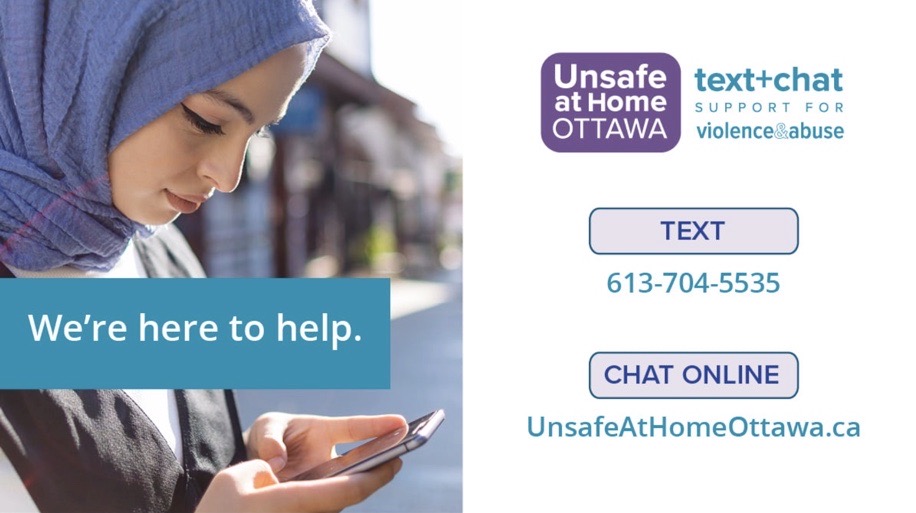
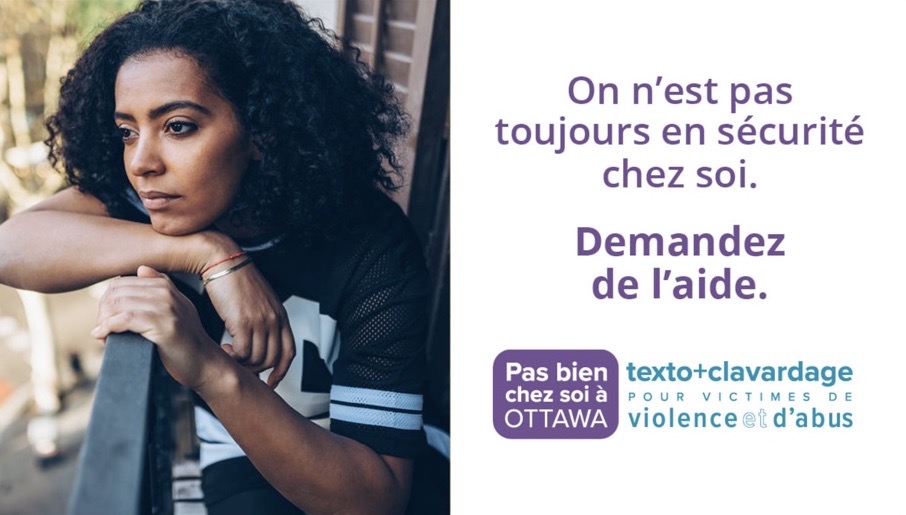
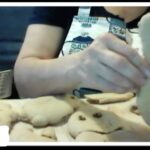





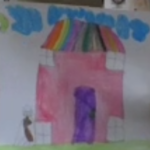
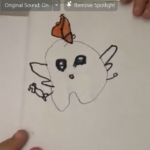
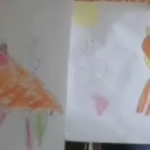
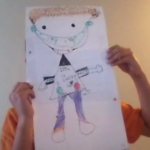
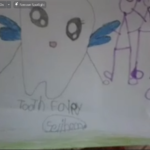
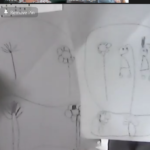
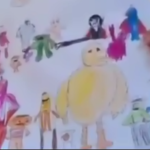

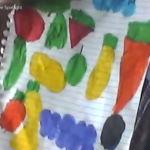
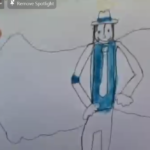
![Whiteboard[1]-01](https://immigrantwomenservices.com/wp-content/uploads/2021/11/Whiteboard1-01-150x150.png)


